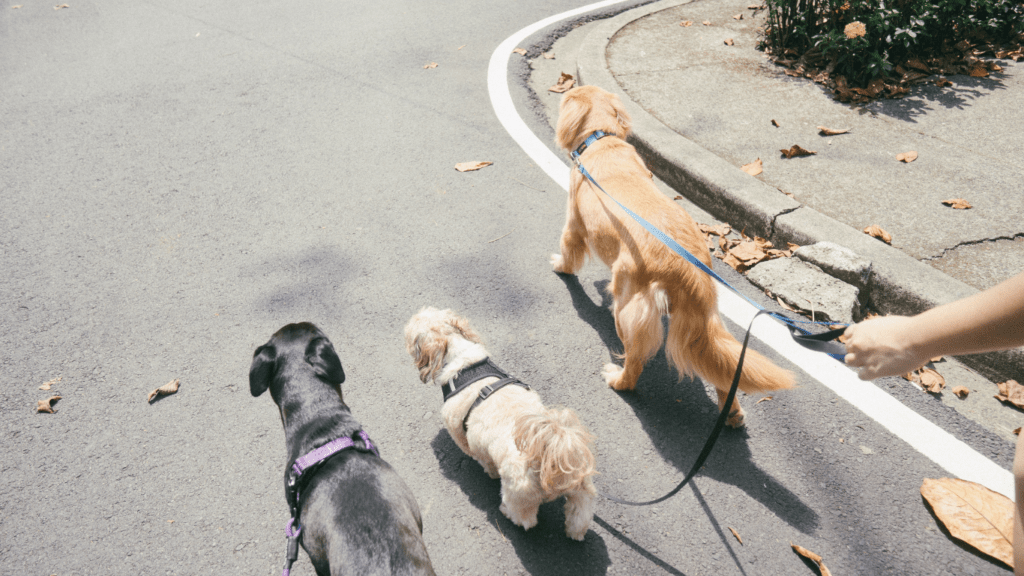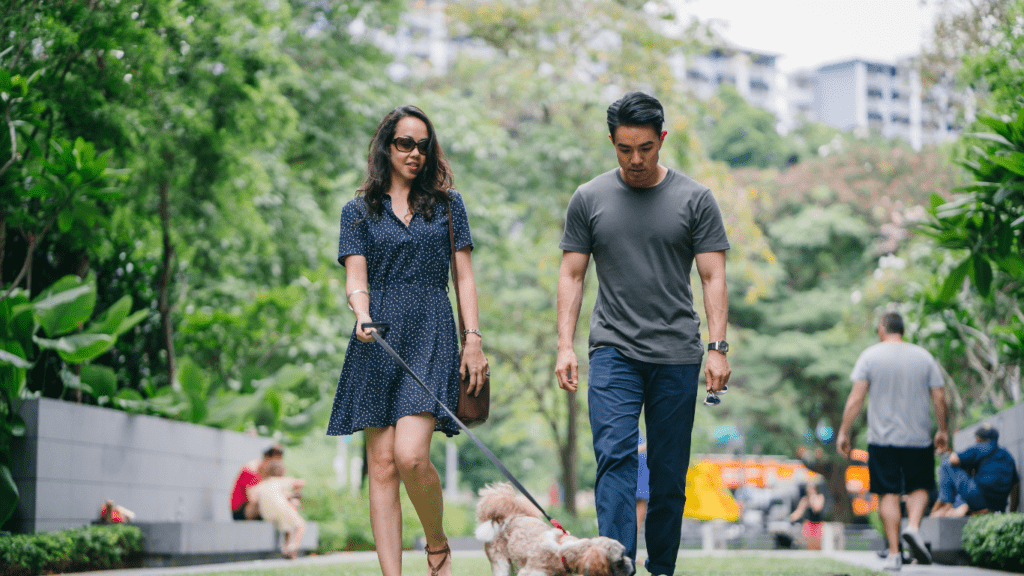Understanding Pet Socialization
Pet socialization is the process of exposing animals to various environments, people, and other animals to foster positive behaviors. This vital practice differs based on species, age, and individual temperament but shares common goals: reducing stress, preventing behavioral issues, and boosting confidence.
Key Elements of Pet Socialization
- Regular Exposure: Pets, including dogs and cats, need regular interaction with diverse environments and beings. Example: walking a dog in a busy park.
- Positive Reinforcement: Encourage desirable behavior with treats or praise. Example: rewarding a cat for calmly interacting with a new person.
- Safe Spaces: Ensure pets have refuges if they’re overwhelmed. Example: providing a quiet room for a timid dog.
Benefits of Socialization
Socializing pets offers several advantages that impact both pets and owners:
- Reduced Anxiety: Socialized pets typically experience less anxiety in new settings.
- Improved Behavior: Decreases the likelihood of aggressive or destructive behaviors.
- Enhanced Trust: Builds trust between pets and humans.
Advice from Experts
Experts in animal behavior stress the importance of starting socialization early. Puppies and kittens, up to 14 weeks old, are especially receptive. However, it’s never too late; older pets also benefit when socialized gradually and positively.
Provide opportunities for controlled interactions, always prioritizing the pet’s comfort. Retain a schedule to foster familiarity and consistency in their socialization experiences.
Benefits of Socializing Your Pet

Socializing pets leads to numerous benefits that enhance their overall quality of life. Here are some essential advantages of proper socialization.
Improved Behavior
Socializing pets significantly improves their behavior. Pets exposed to various environments and situations become more adaptable and less likely to act out. Well-socialized pets often display better manners, staying calm in new situations and around strangers. This reduces the chances of aggressive or fearful behaviors, making them more manageable and enjoyable companions.
Enhanced Emotional Health
Socialization enhances pets’ emotional health by reducing anxiety and stress. Pets that regularly interact with people and other animals tend to be more confident and less prone to nervousness. This leads to a happier and more relaxed pet, which positively impacts their overall health. Reducing stress through socialization also lowers the risk of developing behavior-related health problems.
Safer Interactions with Others
Properly socialized pets ensure safer interactions with others. Pets that are accustomed to different settings and social dynamics are less likely to display unpredictable or aggressive behavior.
This is crucial when pets are around children, other animals, or unfamiliar people. Socialized pets can navigate social situations more smoothly, benefiting both the pet and those around them.
Expert Advice on Socializing Pets
Experts agree on the importance of proper socialization for pets to ensure their well-being and positive behavior. Incorporate the following advice to optimize your pet’s socialization process.
Start Early
Beginning socialization early is critical. Puppies and kittens are more receptive to new experiences between 3 to 14 weeks of age. Early exposure to different people, places, and sounds helps in developing a well-rounded temperament. At this age, pets absorb new information quickly, making it easier to establish positive associations.
Gradual Exposure
Introduce new experiences gradually. Sudden or overwhelming exposure to unfamiliar environments or individuals can cause stress. Start with short, positive interactions and slowly increase complexity. For instance, first introduce a new person calmly in a familiar setting, then gradually involve more stimulating environments like parks or pet-friendly events.
Positive Reinforcement
Use positive reinforcement to encourage good behavior. Reward pets with treats or praise when they respond well to new stimuli. Positive reinforcement strengthens desirable behavior and helps pets form positive associations with new experiences. Consistently using rewards ensures pets are motivated and engaged during socialization.
These expert recommendations ensure pets develop positive social behaviors, fostering a happier, healthier relationship between pets and their owners.
Addressing Socialization Challenges
Overcoming Fear and Anxiety
Fear and anxiety can hinder a pet’s ability to socialize effectively. Start by identifying triggers, such as loud noises or unfamiliar people, often affecting pets.
Introduce these triggers gradually, maintaining a comfortable distance and using positive reinforcement when your pet remains calm. For example, reward your pet with treats or praise when they exhibit calm behavior around a trigger.
Consistent exposure under controlled conditions helps desensitize pets, reducing fear and anxiety over time. Patience and gradual progression are key to helping pets overcome their fears and build confidence in social situations.
Dealing with Aggression
Aggression in pets, whether directed at other animals or humans, requires careful management. First, understand the root cause of aggression, which could range from fear to territorial behavior.
Use a controlled environment to expose your pet to potential triggers slowly. For instance, introduce your pet to other animals in a neutral setting while keeping them on a leash. Positive reinforcement, such as treats or affection, encourages non-aggressive behavior.
Avoid punishment, as it might exacerbate aggression. If aggression persists, consulting a professional trainer or a veterinarian can provide specialized techniques and strategies for managing aggressive behaviors effectively.
Tools and Techniques for Effective Socialization
Various tools and techniques can help socialize pets properly. Socializing pets ensures they behave well and enjoy happy lives.
Puppy Classes
Puppy classes provide structured environments for young dogs to interact. Qualified instructors guide sessions, introducing puppies to different stimuli. Classes cover basic obedience, ensuring pets learn essential commands early. By attending puppy classes, socialization becomes a controlled and positive experience.
Regular Playdates
Organizing regular playdates helps pets socialize with their peers. Dogs benefit from interactions with other dogs, learning appropriate play behaviors. Setting up playdates in secure locations minimizes risks. Owners should monitor these interactions to ensure both pets are comfortable and safe.
Professional Trainers
Engaging professional trainers offers personalized socialization plans. Trainers assess each pet’s specific needs, addressing any behavioral issues. They use scientifically proven methods to ensure effective socialization. Employing a professional ensures that pets receive expert guidance tailored to their unique requirements.




